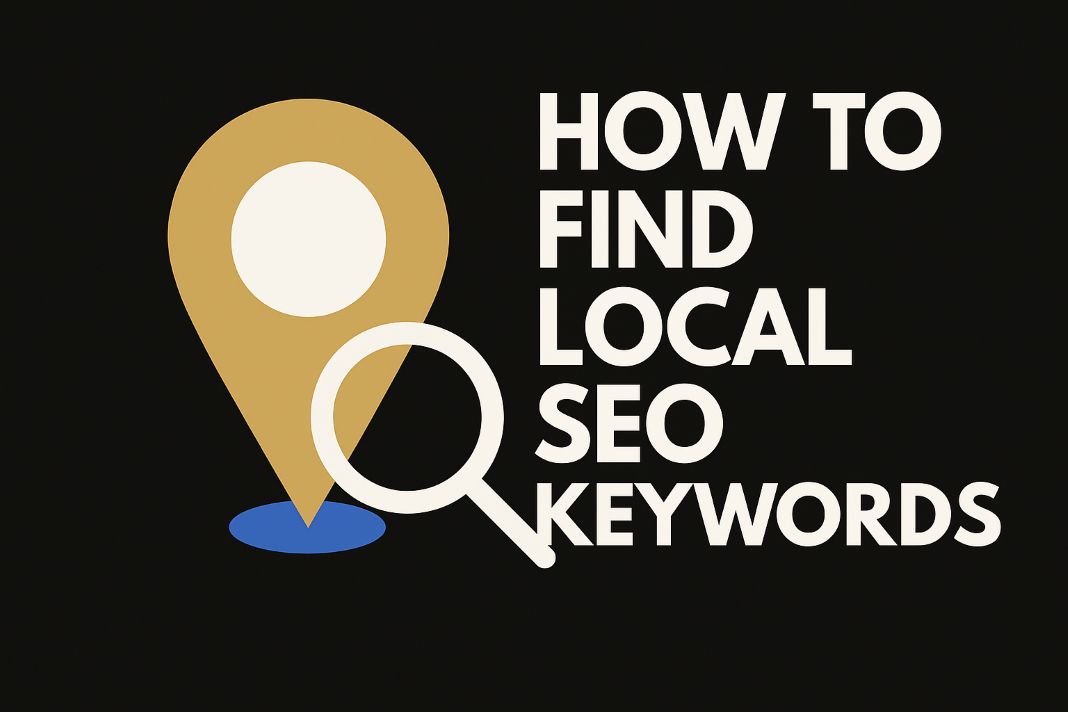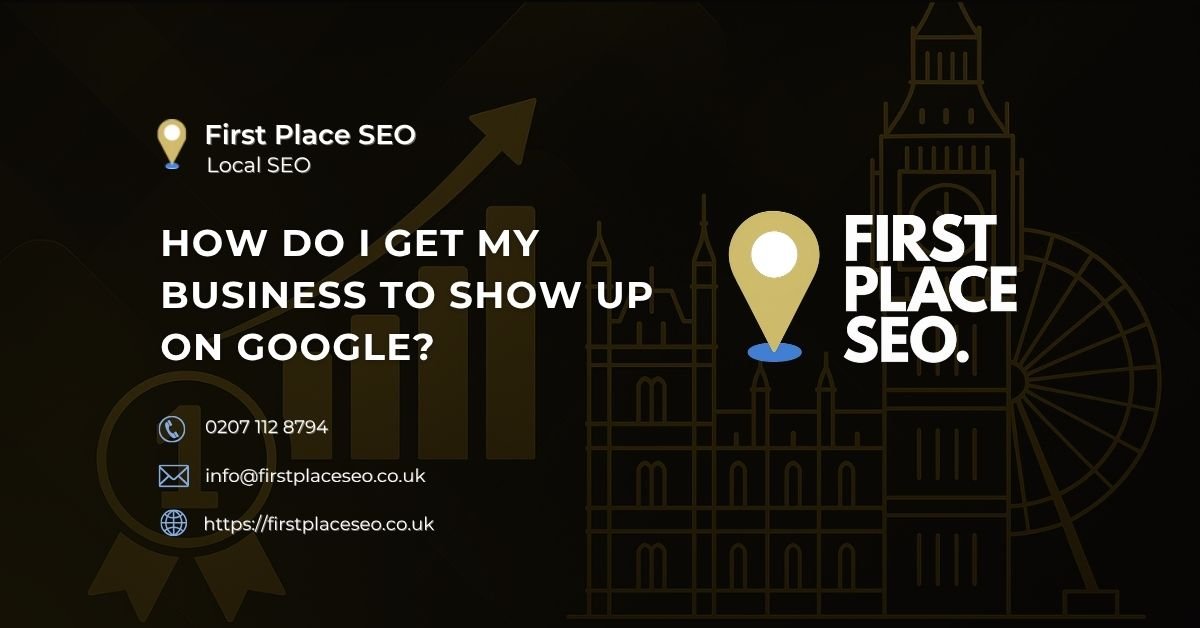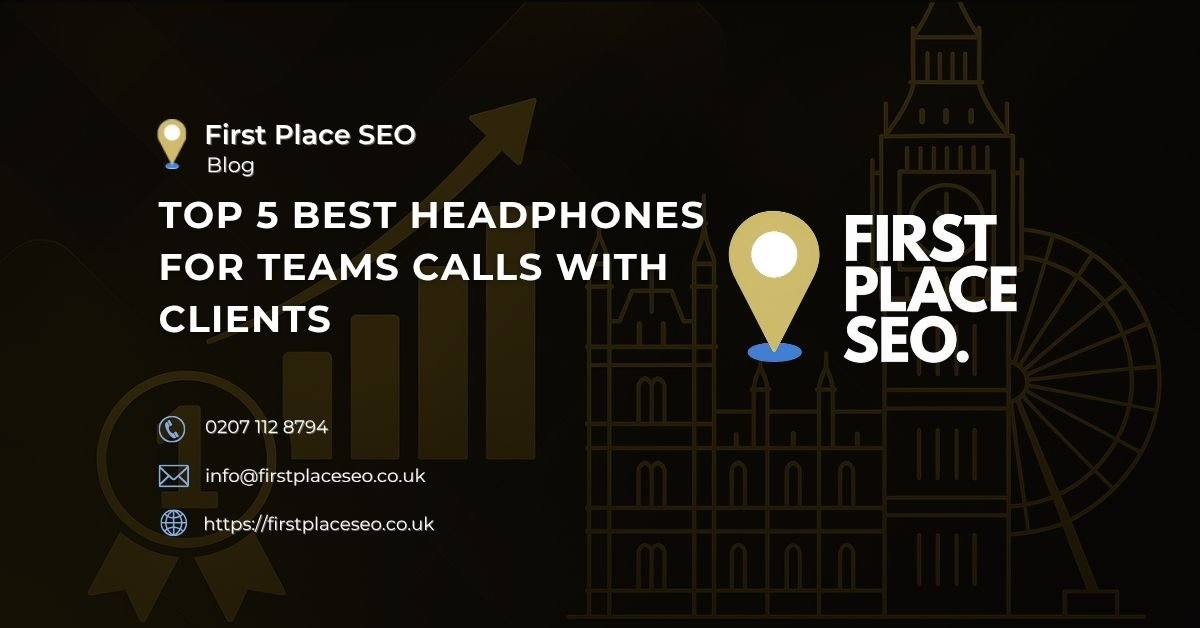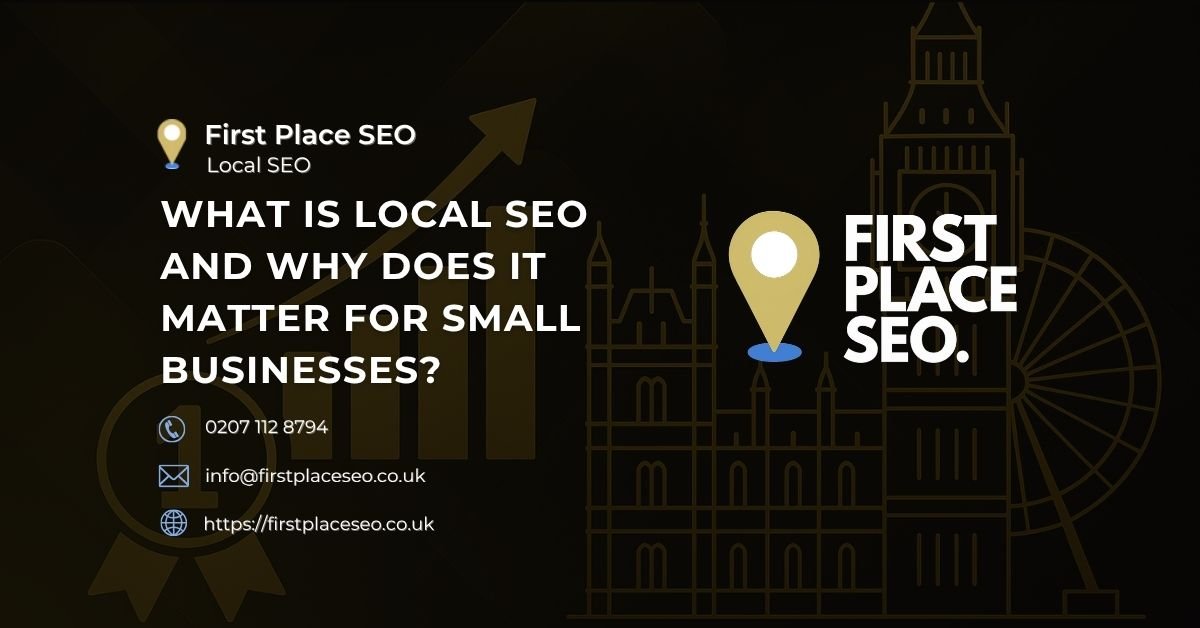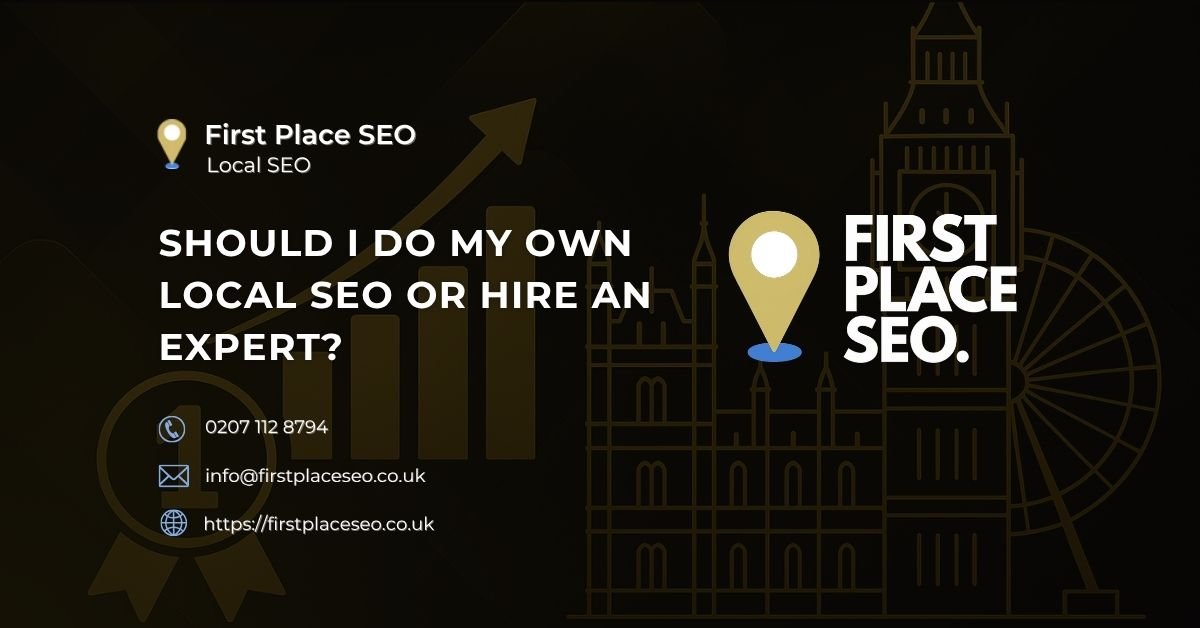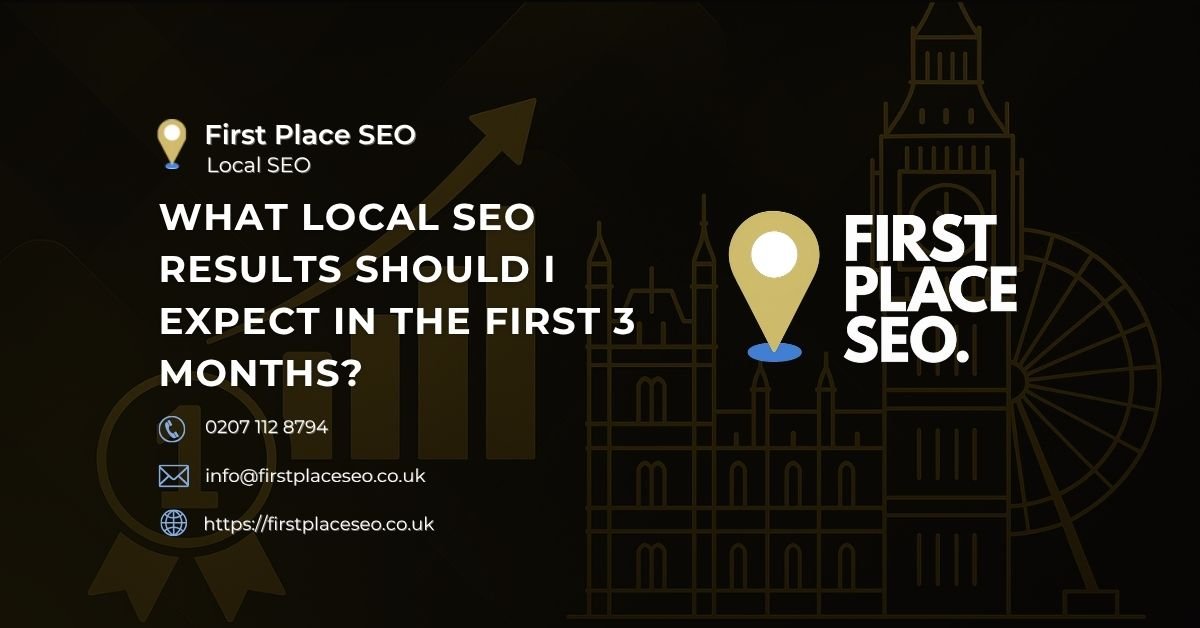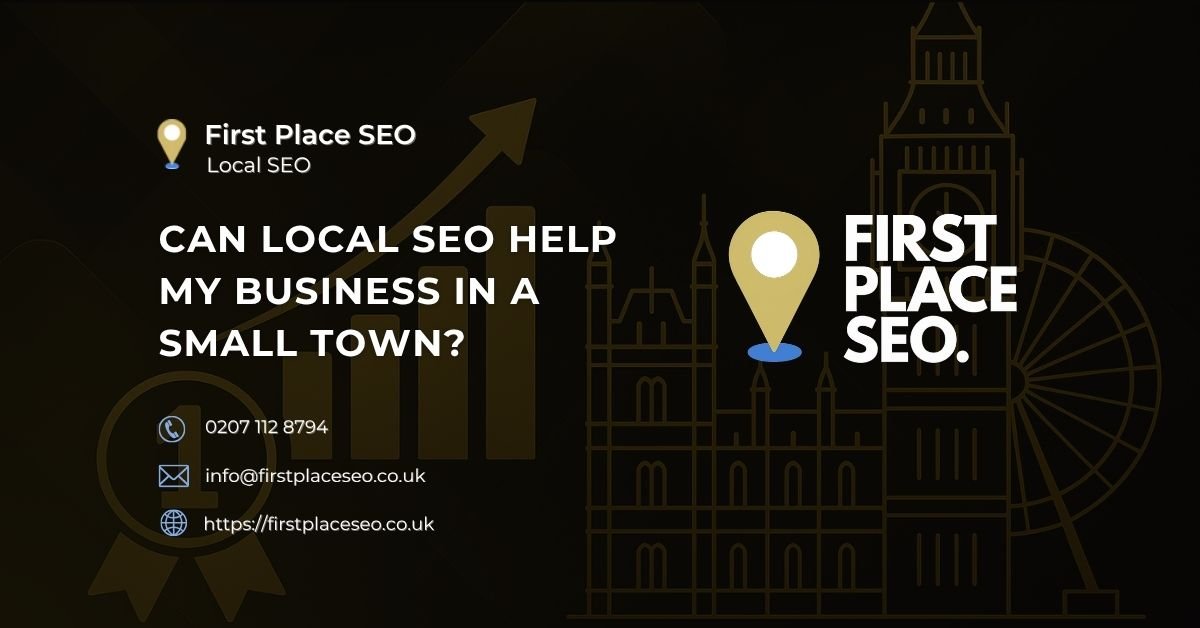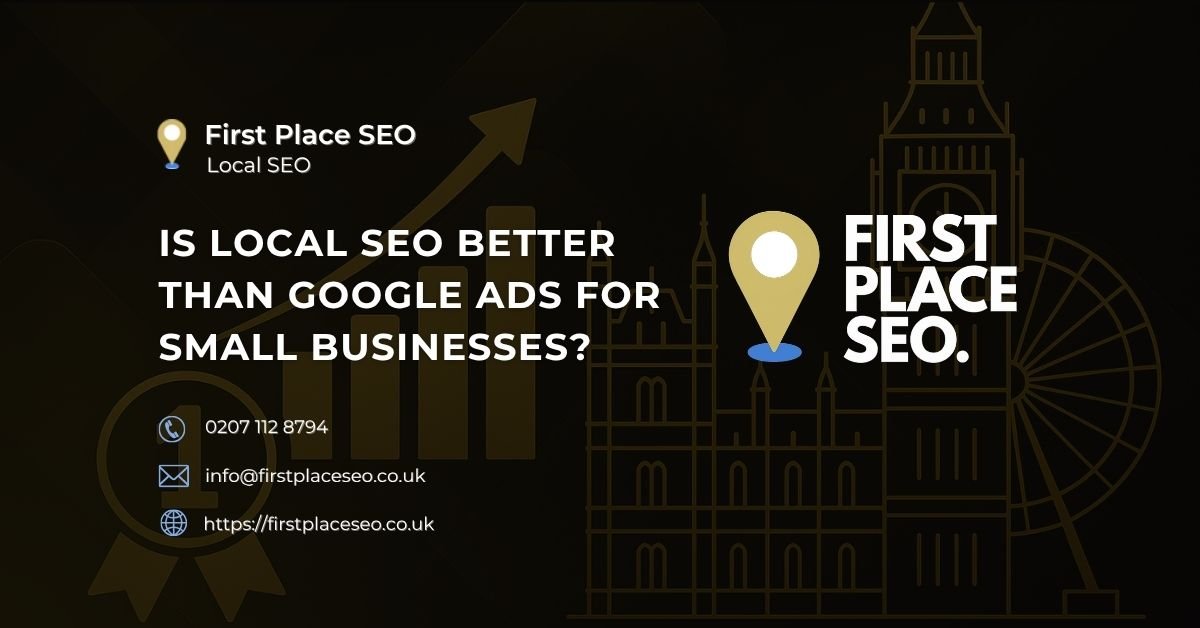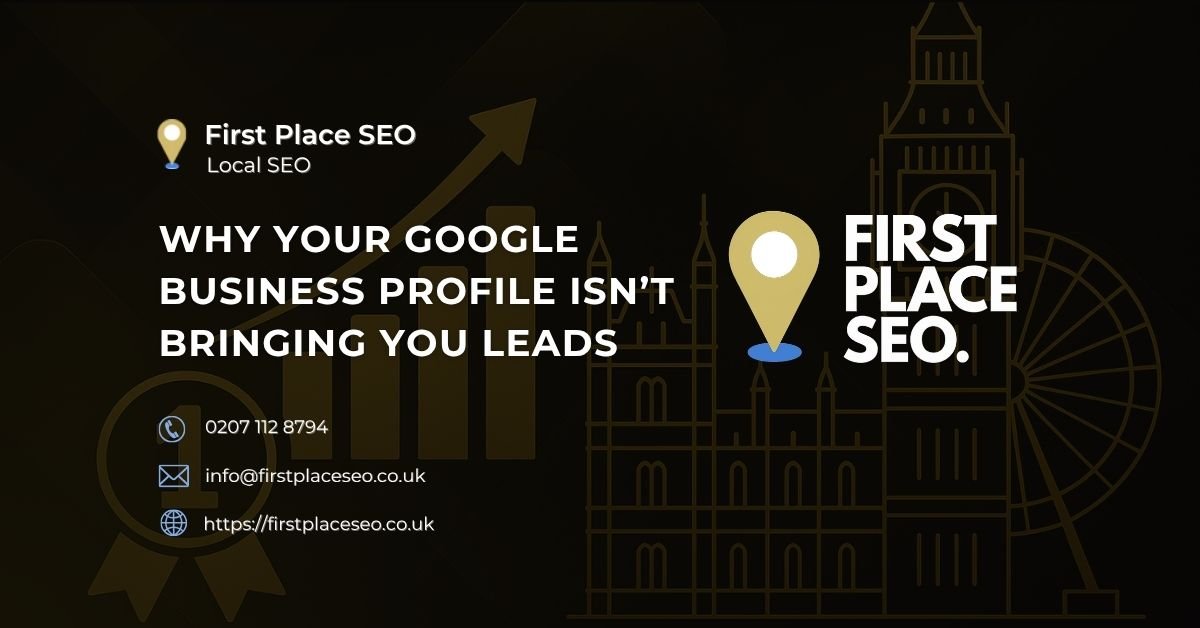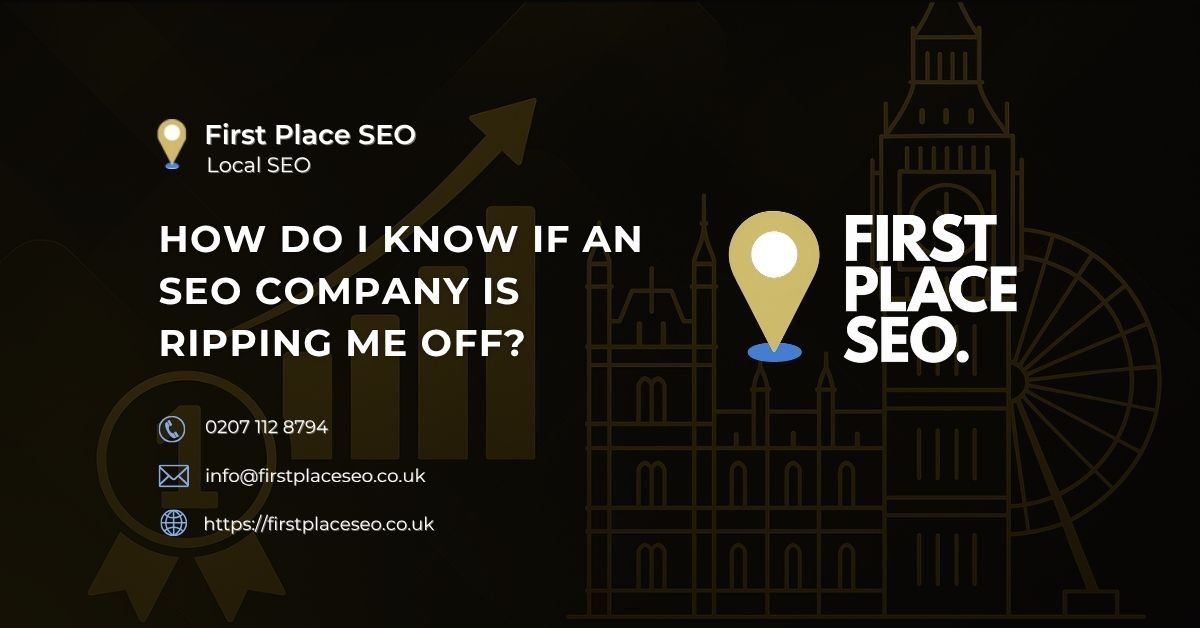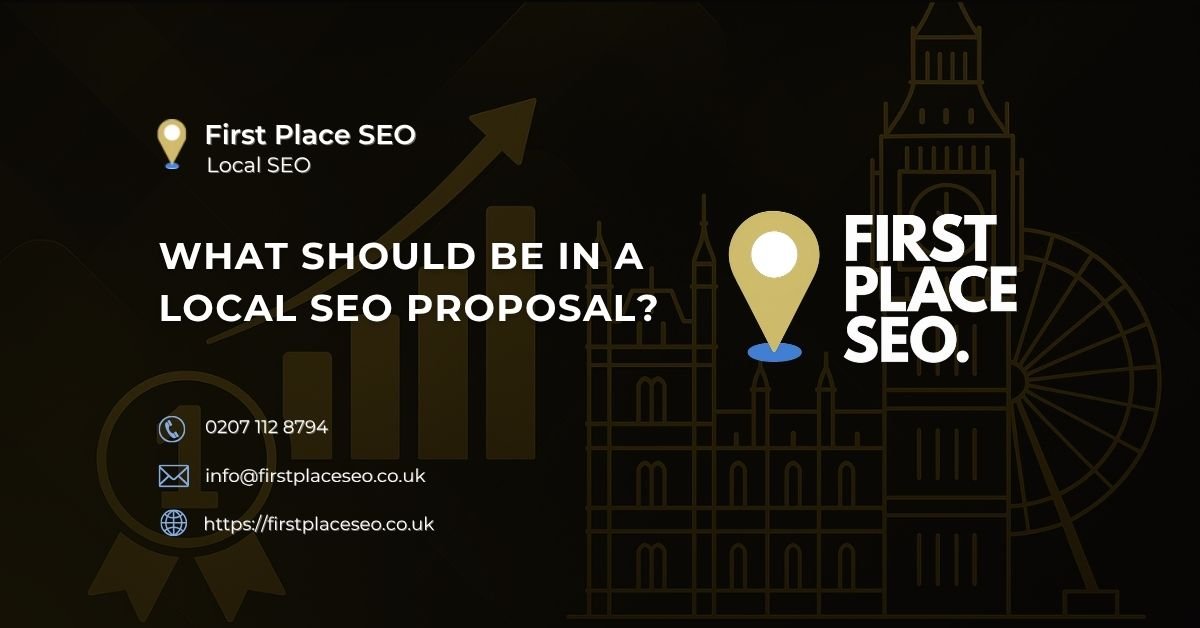How can you find local SEO keywords that help your business show up in the right places online?
Local SEO keywords enable businesses to attract nearby customers who are actively searching for services. These keywords play a significant role in appearing in organic results, local packs and Google Maps. Whether you manage a cleaning company in Manchester or offer SEO services in London, finding the right local search terms ensures visibility when your potential customers are ready to take action. This article explains a proven keyword research method used to build local landing pages that deliver results.
Here's What We Have Covered In This Article
Why are local landing pages important for search visibility?
A location based landing page focuses on a specific town or neighbourhood. This type of page signals relevance to local intent searches, making it easier to appear in results for users in that area. Businesses that publish well optimised location pages see more qualified traffic, better engagement and higher conversion rates.
Create a list of your services and the places you serve
Start with a service list that clearly reflects what you offer. Next, list towns, suburbs or postcodes where you currently operate. Combining these allows you to form a structure for your keyword research.
Make a service and location matrix
Use a simple spreadsheet to build combinations such as “local SEO services West London” or “Link Building Services London.” This method helps prioritise what landing pages to build and ensures there is no overlap or cannibalisation of content.
Visual planning tools to structure topical authority
Topical authority can be mapped using tools like Miro or Figma to visualise the relationship between services and localities. This is particularly useful when scaling content for service providers covering broad geographic regions.
Which keyword tools should you use to discover local search terms?
Explore UK keyword volumes with Ahrefs Keyword Explorer or Semrush Keyword Magic Tool
Type combinations such as “SEO London” or “SEO UK” into Ahrefs or Semrush and filter results by the United Kingdom. Use keyword difficulty, search volume and parent topics to identify opportunities that align with user intent.
Use Keyword Hero to surface actual queries from users
Keyword Hero helps recover organic keywords from Google’s encrypted search data. This can reveal hyperlocal terms users are already using to find your business, which may not appear in traditional keyword tools.
Struggling With Local Keyword Research?
We handle keyword discovery using the exact techniques shared in this article. Get research backed by data and experience.
Why Google Maps data supports local keyword intent
Google Maps displays search results based on proximity, prominence and relevance. Including your business in Google Business Profile and referencing nearby locations on your pages supports stronger local relevance.
Only include areas you genuinely serve
If you create a page for a town, your team must be able to travel there or provide services remotely. Pages for places outside your operational zone may result in disappointed users or poor reviews. Focus on real service zones.
Know when to treat suburbs separately
Some suburbs such as Enfield or Hackney have enough search demand to justify their own page. Others may perform better grouped under a nearby city. Use Ahrefs, Semrush or Google Trends to determine which direction makes sense.
Why should you target keywords with low search volume?
Low volume does not mean low value
A keyword like “search engine optimisation Mayfair” might only attract 10 searches a month. However, these are likely to be high intent searches with strong buying signals. Optimising for such queries often delivers more bookings than broader keywords.
Examples of commercial search intent
Searches such as “Web designer in London” or “Cheap Google Ads Agency” show immediate need and are highly transactional. These are worth targeting even at lower volume because they often convert well.
How does keyword clustering help with local SEO?
Google’s natural language understanding groups related terms
Google associates similar phrases together. A single page for “SEO Consultant London” may also rank for “SEO Freelancer London” or “SEO Specialist London” if written with semantic variation. There is no need to make separate pages for every variation.
Integrate semantically linked keywords naturally
Avoid keyword stuffing. Use terms like “affordable SEO services” or “SEO clients onboarding” where they make sense within the content. These support the main topic and provide natural entry points for long tail search terms.
What should you do about towns with shared names?
Towns such as Stamford Bridge exist in multiple regions. Specify context clearly by using region identifiers like “Stamford Bridge London” within your headings, meta data and copy. This removes confusion for both search engines and users.
How to scale local pages from a single hub location
Expand from a city centre into neighbouring suburbs
Start by building your primary location page. Then create pages for surrounding areas with enough search demand and commercial interest. For example, a cleaning company in Manchester could expand into Salford and Prestwich. .
Use examples to plan service expansion
If you manage a security guard business in Hertfordshire, some relevant expansions might include:
Security guard service Essex
Security Services Buckinghamshire
Loss Prevention Bedfordshire
Each page should be built with locally relevant content and reference nearby streets, areas or landmarks.
Should each service get its own local page?
Create pages for each core service by location
Instead of a single page for “dentist Manchester,” create individual pages such as:
Invisalign treatment Manchester
Teeth whitening Manchester
Dental implants Manchester
This improves keyword targeting and builds topical authority across your site.
Include references that reflect local knowledge
Mention local shops, landmarks or transit points when possible. This not only boosts relevance but also helps users feel that your business understands the area.
Do small numbers really lead to bigger results?
Scale creates meaningful traffic from small figures
Even if a page brings in only five visits each month, 100 such pages can deliver 500 high intent visits. These can drive consistent enquiries and steady lead growth.
High ticket services often justify small pages
If one new customer from “conveyancing solicitor Sale” equals thousands in revenue, then even low traffic keywords become worthwhile.
Combine local SEO with paid search campaigns
Reuse landing pages for PPC traffic
The same local pages you create for SEO can support Google Ads. Pages aligned with search terms generally score better for quality and relevance, reducing ad costs.
Benefit from better ad performance
When someone clicks on an ad for “emergency vet Bromley” and lands on a matching page, they are more likely to convert. This keeps cost per lead low and improves return on ad spend.
What makes a local page effective?
Include locally focused elements on each page
Ensure that each landing page features your contact details, opening hours, reviews, images and directions. Where possible, include schema markup to help Google understand your business location and services.
Link related pages together naturally
Use internal links within sentences. For example, on a “dentist Clapham” page, link to “our hygienist services in Clapham” using natural anchor text. This supports indexing and improves crawl efficiency.
Monitor and refine page performance over time
Use Search Console and Analytics
Check impressions, clicks and average positions for your local pages. Update pages that drop in performance and look for opportunities to improve conversion rates.
Identify what pages drive real enquiries
Track contact form submissions, calls and email clicks to see which pages deliver actual leads. Focus on scaling what works based on this insight.


